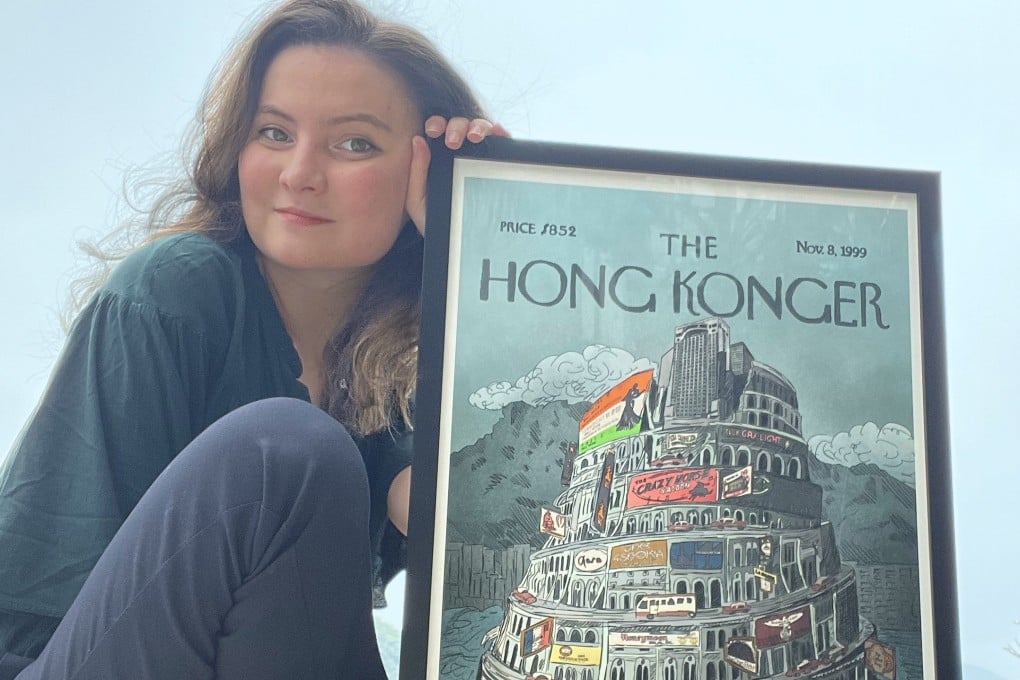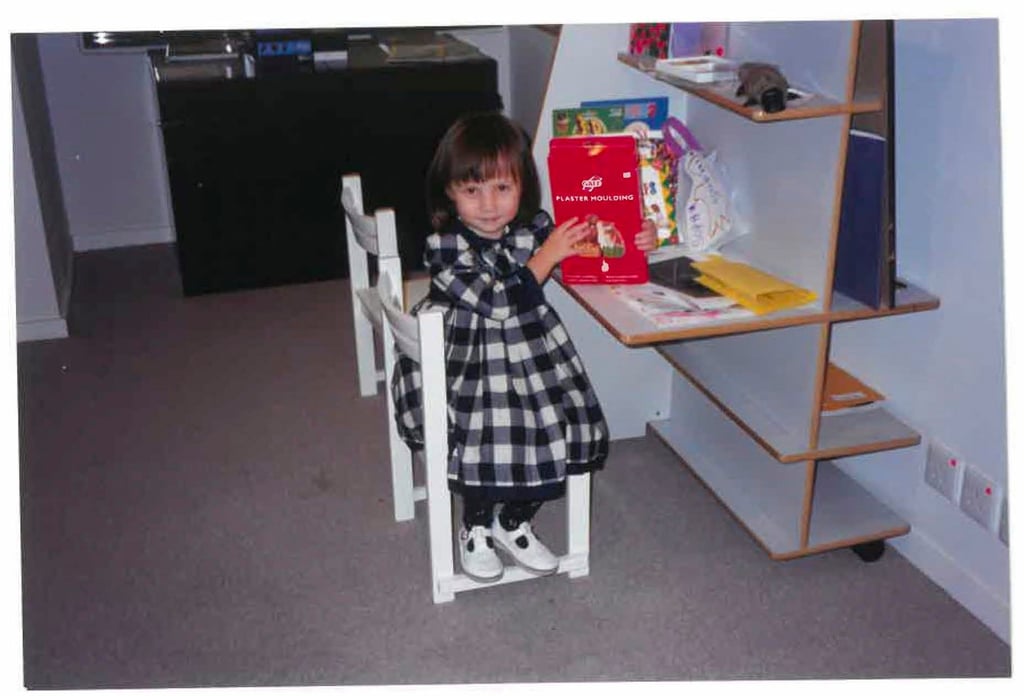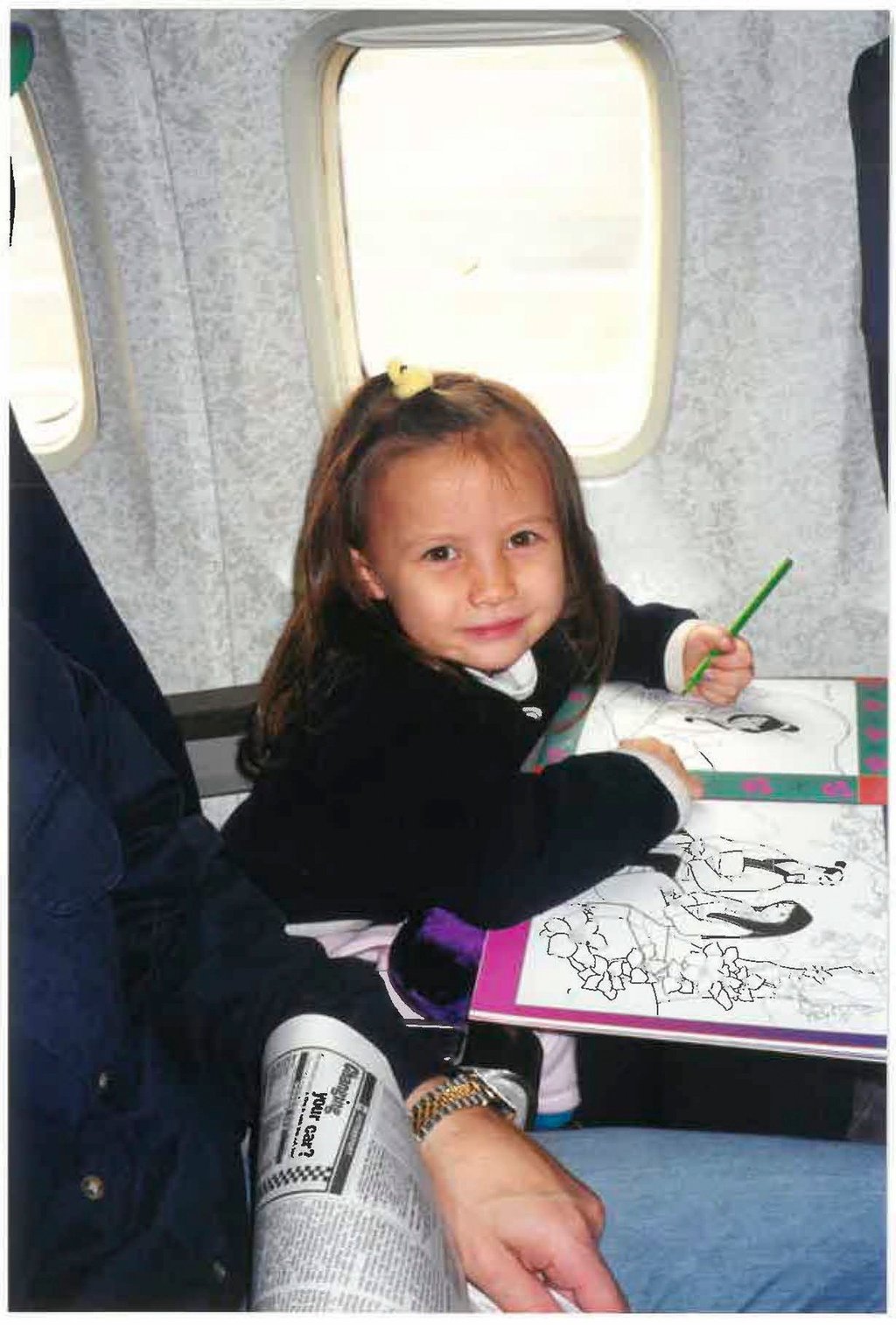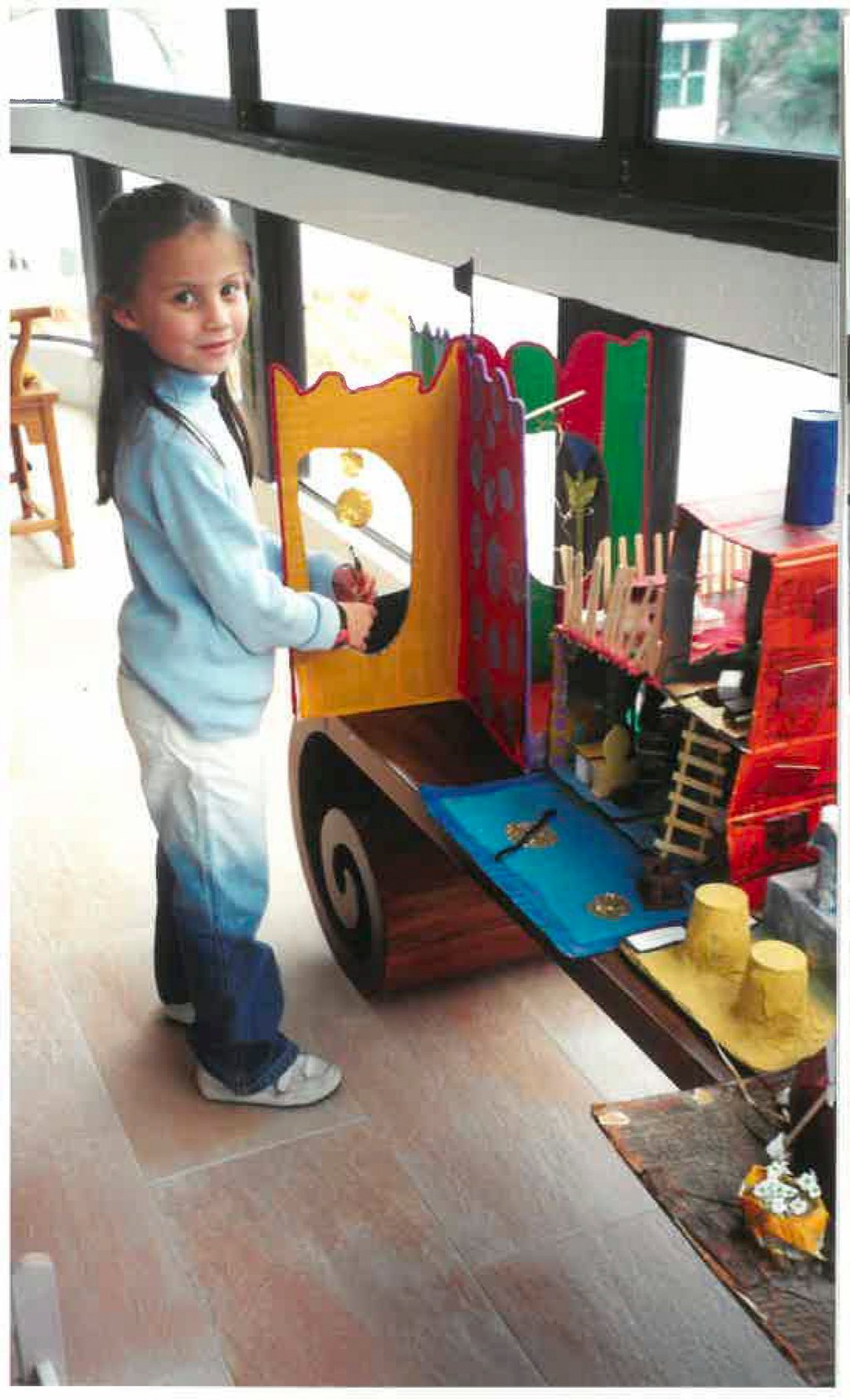Profile | How turning The New Yorker into The Hong Konger sparked the digital art career of Sophia Hotung, after years of illness had snuffed out her corporate ambitions
- The daughter of two Eurasian parents, Sophia Hotung grew up between Hong Kong and the UK before autoimmune diseases derailed her study, work and life
- A joke version of a New Yorker magazine cover posted on Instagram generated a huge response, and before long she had her own website and was taking commissions

My Eurasian experience is different from a lot of people’s because I don’t have an Asian parent and an English parent, I have two Eurasian parents. My dad is American-Hong Kong and my mum is English-Shanghainese, so my dad can be very American in some ways and then very Confucian Chinese in other ways, and my mum can be very British and then very Chinese tiger mum.
They are both British citizens but were born in Hong Kong, so in order for me to continue to be British in some way I had to be born in the UK. In 1994, when my mum was heavily pregnant with me, she flew to the UK and stayed with a close friend, who is now my godmother, had me in hospital and a few weeks later flew back to Hong Kong. I have an older sister, Natasha, who was born in a similar way in the UK in 1992.
Child’s play
My dad was in investment banking and my mum was a management consultant. When I was two, mum started her arts school, Kids’ Gallery, because she wanted to be involved with her kids but also still work. It started out small, with my sister and our friends in the class. Once our friends and neighbours were doing it, other kids started coming.



Every day after school we took the school bus to Kids’ Gallery, where we did our homework on two little desks outside mum’s office and would pop off to do classes. I gravitated towards visual arts and computers. I went to Lingnan Kindergarten – where I got into trouble because I’m left-handed and they wanted me to write right-handed – and then to the Canadian International School, which was the complete opposite of a Chinese local school, the Canadians let you do anything.
An accidental tubaist
When I was 11, I went to boarding school at Millfield School in the UK. It is notorious for drugs and scandals, but also produces Olympic athletes. I didn’t have a good time and was very homesick. I felt foreign, but I looked like any other English kid, so no one understood why I felt so foreign.
The UK was a huge culture shock and I think a lot of my homesickness came from being confused about everything, from the way people spoke to what they ate to the mentality that surrounded work. In England, it was embarrassing to look like you were trying to study or be in a club or get a music scholarship.
My friends were musicians, so to hang out with them I threw myself into their scheduling and accidentally became quite good at the tuba. I performed in orchestras and ensembles and by the time I graduated from the junior school I’d got a scholarship to the senior school playing the tuba.
Both Natasha and I wanted to go into the arts – my sister wanted to be a performer in the West End, and I wanted to be an author. Although my mum started an art school, she is also practical and was keen on instilling in us that to follow our passions was not a solid business model for being financially independent when you grow up.